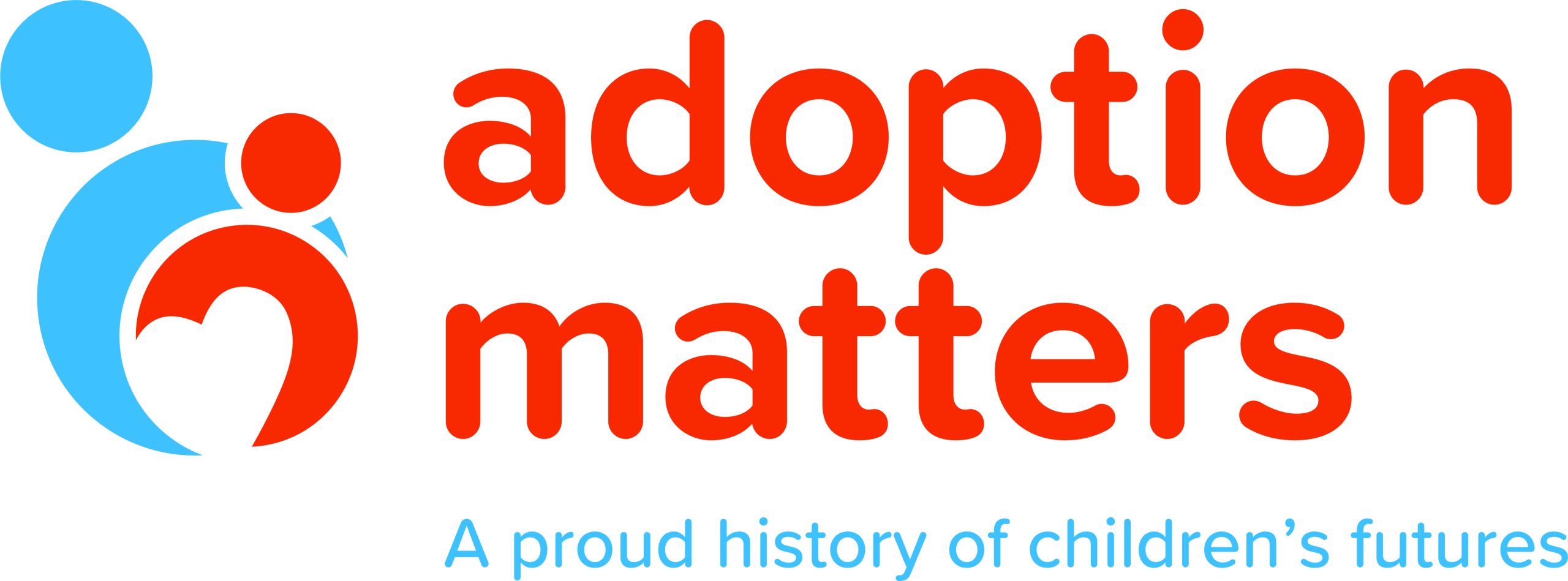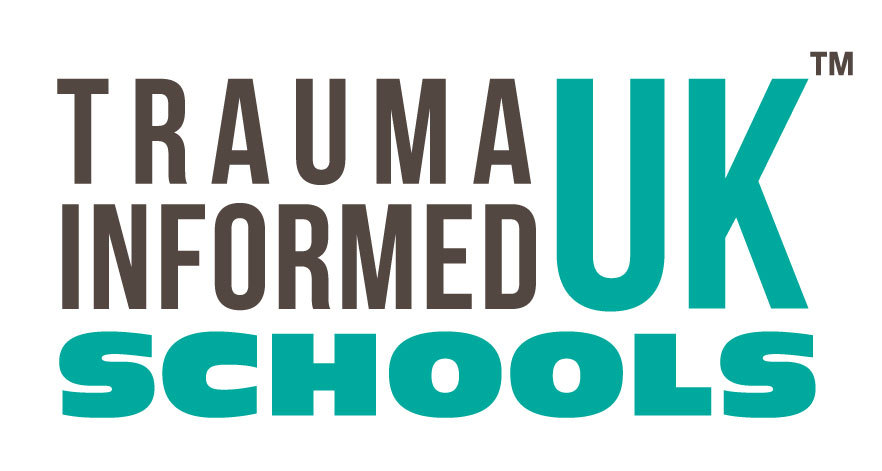Business Training


1: Stress and taking control of your personal well-being
Work based stress can happen to anyone, at any time and at different intensities. We are all different and the way in which stress shows in everyone will look slightly different too. However, stress can take its toll but learning to take back control of your own wellbeing can be a game changer!
Our training course covers;
Developing an understanding to work-based stress
Learning to identify work-based stress
Enhancing skills in recognising the contributory factors to stress in life and the things that increase/ decrease this stress
Learning about the 5 pillars of happiness and wellbeing
Targeting the unhelpful thinking that can get in the way of taking charge of your own wellbeing or feeling able to put in place positive steps towards change
Developing a plan of commitments to yourself and your own wellbeing
2: Polyvagal Theory in the Workplace
The training on Polyvagal Theory aims to educate employees and management about the principles of Polyvagal Theory and its application in the workplace. By understanding how the nervous system impacts on behaviour and interactions, participants will learn strategies to create a safer, more connected, and productive work environment.
The knowledge that this course can provide will foster an environment in which there is
- Enhanced Communication: Improved interpersonal interactions and communication.
- Better Stress Management: Techniques to manage stress and maintain a calm state.
- Increased Productivity: A supportive environment leads to higher employee engagement and productivity.
- Reduced Conflict: Understanding nervous system responses helps in resolving conflicts more effectively.
- Stronger Team Cohesion: Teams that understand and support each other’s nervous system states work more harmoniously.
This course can be offered as a full or half day. It would be appropriate for employees, managers and Team Leaders looking to improve interpersonal interactions and personal wellbeing or to enhance leadership skills and foster a supportive team environment.


Our polyvagal theory training covers
1. Introduction to Polyvagal Theory:
- Overview of Polyvagal Theory: Explanation of Dr. Stephen Porges' theory.
- The Three Neural Circuits:
- o Ventral Vagal: Social engagement and safety.
- o Sympathetic Nervous System: Mobilisation (fight or flight).
- o Dorsal Vagal: Immobilisation (shutdown).
2. The Role of the Nervous System in Workplace Behaviour:
- Understanding Nervous System States: How different states affect thoughts, emotions, and behaviours.
- Triggers and Responses: Identifying common workplace triggers and typical nervous system responses.
3. Creating a Safe and Connected Work Environment:
- Building Safety and Trust: Strategies for fostering a sense of safety and trust among employees.
- Promoting Social Engagement: Techniques to enhance positive social interactions.
- Conflict Resolution: Using Polyvagal principles to navigate and resolve conflicts.
4. Practical Applications and Strategies:
- Self-Regulation Techniques:
- o Breathing Exercises: Simple practices to engage the ventral vagal system.
- o Mindfulness and Grounding: Techniques to stay present and calm.
- Co-Regulation Practices:
- o Active Listening: Improving communication through attentive listening.
- o Empathy and Compassion: Building empathy to support colleagues effectively.
5. Interactive Activities:
- Group Discussions: Sharing experiences and strategies for creating a supportive environment.
- Case Studies: Analysis of real-life examples where Polyvagal Theory could be applied.
6. Implementing Polyvagal Theory in Daily Work Life:
- Daily Practices: Simple, daily activities to maintain a regulated nervous system.
- Team Strategies: Techniques for teams to support each other in maintaining a positive nervous system state.
- Feedback and Continuous Improvement: Establishing a feedback loop to continuously improve workplace dynamics using Polyvagal Theory.
7. Q&A and Resources:
- Open Q&A Session: Addressing participant questions and concerns.
- Resource List: Providing books, articles, and online resources for further learning.
Implementing Polyvagal Theory in the workplace fosters a healthier, more connected, and productive work environment. This training provides the knowledge and tools necessary for employees and managers to create a supportive and resilient workplace culture.
3: Neurodiversity Awareness Training Overview for businesses
The neurodiversity awareness training aims to foster understanding, acceptance, and inclusion of individuals with neurodiverse conditions in the workplace. By providing participants with knowledge, tools, and strategies, the training seeks to create an environment where everyone feels valued, respected, and empowered to contribute their unique perspectives and talents. The understanding gained from this training will also ease communication and therefore foster positive working relationships.
The training will be conducted over a half-day session, typically lasting around 3 hours. This duration allows for comprehensive coverage of key topics while also providing opportunities for interactive discussions, activities, and reflection to support learning and applying new knowledge in practice!


Our neurodiversity training covers
1. Understanding Neurodiversity:
- Definition of neurodiversity and its significance in the workplace.
- Exploring the range of neurodiverse conditions, including autism spectrum condition (ASC), ADHD, dyslexia, dyspraxia, and others.
- Dispelling myths and misconceptions surrounding neurodiversity.
2. Neurodiversity in the Workplace:
- Benefits of neurodiversity for innovation, problem-solving, and creativity.
- Challenges faced by neurodiverse individuals in traditional work environments.
- Importance of creating a supportive and inclusive workplace culture.
3. Communication and Collaboration:
- Effective communication strategies for interacts between neurotypical and neurodiverse colleagues.
- Understanding different communication styles and preferences.
- Building inclusive teams and fostering collaboration among neurodiverse and neurotypical individuals.
4. Support:
- Identifying reasonable adaptations to support neurodiverse employees.
- Accessing resources and support networks
- Promoting self-advocacy and empowering individuals to request accommodations when needed.
5. Creating Inclusive Practices:
- Implementing inclusive hiring practices to attract and retain neurodiverse talent.
- Training managers and team leaders on best practices for supporting neurodiverse team members.
- Incorporating neurodiversity awareness into existing diversity and inclusion initiatives.
In addition to this, we can also include the wellbeing of your team and supporting you in developing a whole-business or team approach to wellbeing by devising departmental, team or company plans to support the wellbeing of you and your staff.









